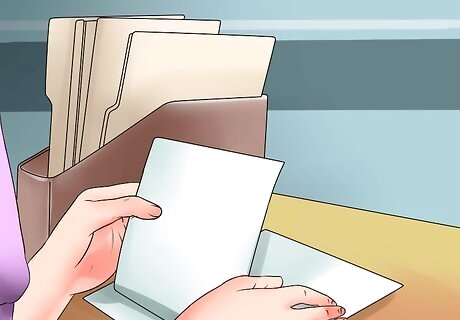
views

Examine the type of rights you can purchase, and decide which are best for your particular use. Most people who buy music rights opt for theatrical or full rights, which allow you to use the music in a film without restriction. Television rights allow you to use the music in a television production and can change in price according to the exact nature of the program. Video rights allow you to use the music in a video as opposed to a publicly-screened film. Rights for the Internet allow you to use the music on Web sites, software and CD-ROM. Non-theatre rights allow you to use the presentation in a non-public context, such as at a conference or a festival and are the least expensive to obtain.

Determine whether you want the rights to an existing recorded version or the rights to re-record it. The rights to re-record the music are cheaper than the rights to use the recording. However, if you want to use the music in a film, for example, and you don’t have access to a professional band and a recording studio, it may be worth it to use the original.

Decide how much of the music you plan to use, and note the exact timing -- including at which second in the recording your use will start and stop, if you’re buying rights to the recording. If you’re using a short clip of the music rather than the entire piece, the rights are less expensive to purchase. At the same time, decide the length of time that the music will play. For example, you may decide to use the music only once, or you may decide to use the same clip more than once.

Think about where you will show your production. For example, if you’re using a piece of music in a local stage production, the rights will be less expensive than if you’re using it in a film that you plan to show in North America and Europe.

Locate the music’s publishers and visit their website for contact information. If you have a copy of the CD, you can usually find the publisher’s information printed on its cover. If you don’t have the CD, visit the websites of major music publishing companies, such as ASCAP, BMI and SESAC. There, you can search for the music by title, songwriter or performing artist and locate the publishers that way.

Contact the publishers to inquire about obtaining the rights you need, including all information about how you will use the music and the type of rights you’re seeking.

Wait for a response from each publisher, which can take 6 to 8 weeks. If a publisher rejects your rights request or if the price for the rights you initially requested is too high, contact the publisher to see whether you have any other options, or whether you should find a different piece of music.



















Comments
0 comment